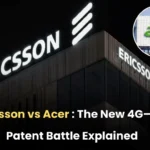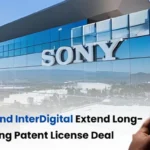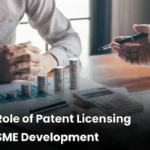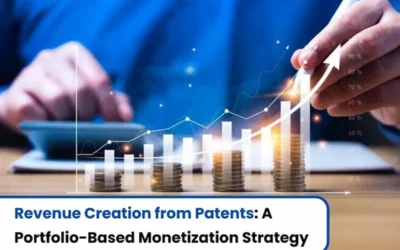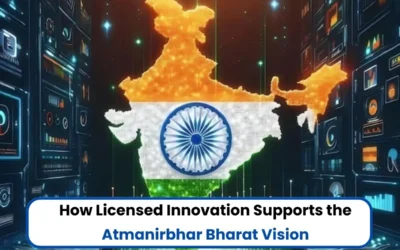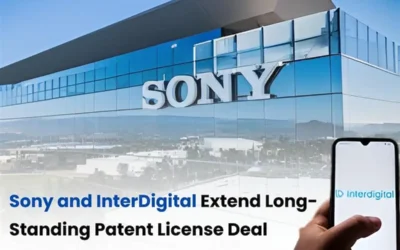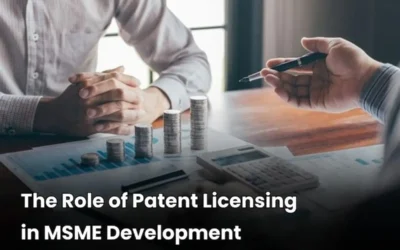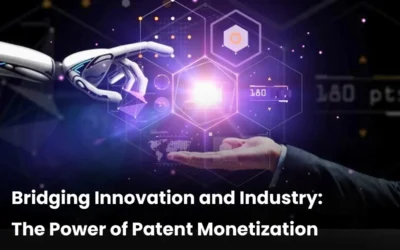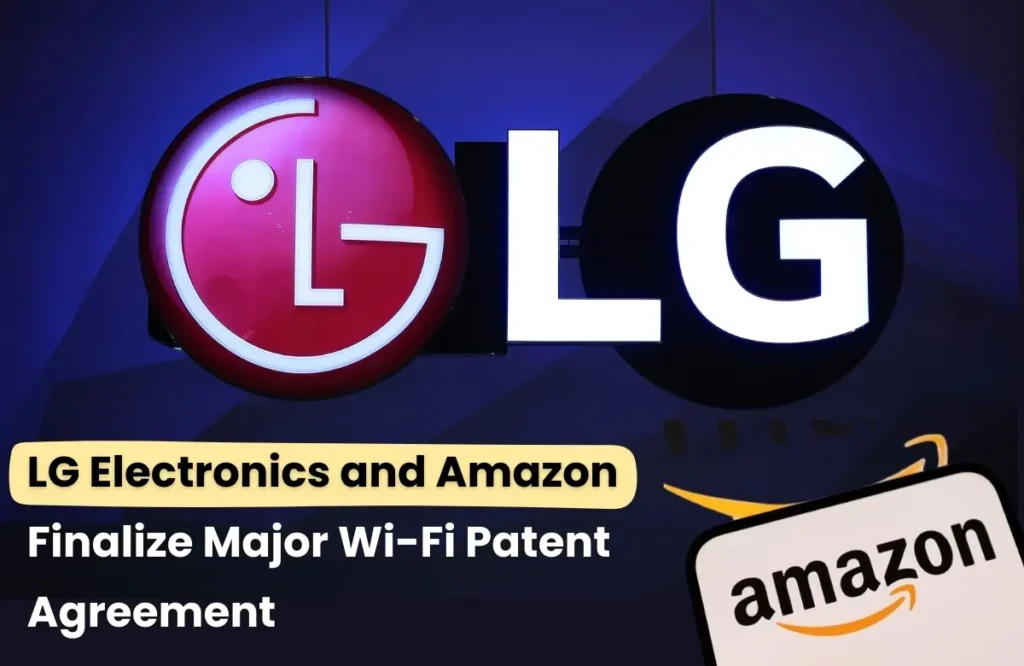
Patent monetization has opened new doors for tech companies to collaborate and innovate together, and we’re seeing more of these partnerships take shape every year. This time, another major licensing deal is making headlines worldwide. LG patent licensing deal with Amazon is fresh agreement that allows Amazon to use its patented Wi-Fi technologies—a big move considering both companies are major players in the tech space. This kind of collaboration can lead to smarter products, better connectivity, and new possibilities for both sides. Keep reading to learn what this patent licensing deal is all about and how it benefits both LG and Amazon.
What Is Patent Licensing and Why LG Patent Licensing Deal With Amazon Matters
Before diving into the details of this licensing deal, it’s important to understand what patent licensing actually means and how it works. Patent licensing is basically when a patent owner gives another company the right to use its protected technology. It’s a business model where the buyer gets legal access to the innovation, and the patent holder earns revenue without having to manufacture or sell anything themselves. Now, coming to the LG–Amazon deal—according to LG’s announcement on Thursday, the company has signed a major Wi-Fi patent licensing agreement with Amazon. This gives Amazon the rights to use LG’s Wi-Fi Standard Essential Patents, which are the core technologies required for any modern device to support Wi-Fi. With this licence, Amazon can use LG’s Wi-Fi innovations in products.
Even though the full details of the LG–Amazon deal are confidential, we know it follows the usual rules for Wi-Fi Standard Essential Patents. That means LG has to license its Wi-Fi patents to Amazon on fair and reasonable (FRAND) terms, and in return, Amazon gets legal protection to use the tech in products like Echo speakers and Fire TV devices. The deal also includes basics like royalty payments, confidentiality, and limits on how Amazon can use the patents. Plus, LG agrees not to sue Amazon for infringement as long as the licence is active. Overall, it’s a straightforward SEP licensing setup that gives Amazon legal safety and gives LG a steady stream of IP revenue.
Read Also: Voluntary Licensing vs Compulsory Licensing: Definition, Key Differences & Legal Impact
What Patents Does LG Own, and How Does the Amazon Deal Benefit Both Companies?
Now let’s take a look at LG Electronics’ patent portfolio—because it’s a big part of why this deal with Amazon matters. LG is one of the most well-known tech companies in the world, and it also happens to own one of the strongest patent collections out there. The company holds nearly 98,000 patents globally, and almost half of them are tied to essential technologies like Wi-Fi, mobile communications, and other core connectivity standards. In recent years, LG has shifted its focus from just building devices to actually monetizing its intellectual property rights (IPR), signing licensing deals with major companies like Apple, Nokia, and various automotive and IoT brands.
So, this new Wi-Fi patent deal with Amazon fits perfectly into that strategy. For LG, it means steady royalty income and a stronger position as a global IP powerhouse—especially after stepping away from the smartphone business.
And for Amazon, the deal is equally valuable: it gives them legal access to LG’s Wi-Fi Standard Essential Patents, which they can now use across Echo speakers, Fire TV Sticks, tablets, and tons of other smart-home devices without worrying about infringement issues. In short, LG gets new revenue and more influence in the IP world, while Amazon gets the freedom, safety, and stability it needs to keep innovating in its hardware ecosystem.
Conclusion
LG patent licensing deal with Amazon is about the Wi-Fi patent licensing deal between both of the companies and this shows how important intellectual property has become in today’s tech world. By teaming up, LG strengthens its growing role as a major global IP licensor, while Amazon secures reliable access to essential Wi-Fi technology for its devices. The agreement not only benefits both companies but also highlights a larger trend—big tech firms increasingly collaborating through patents to innovate faster, reduce risks, and build more connected products for the future.
Read Also: Patent Trolling vs Patent Monetization – Which One is Better for Innovators?
